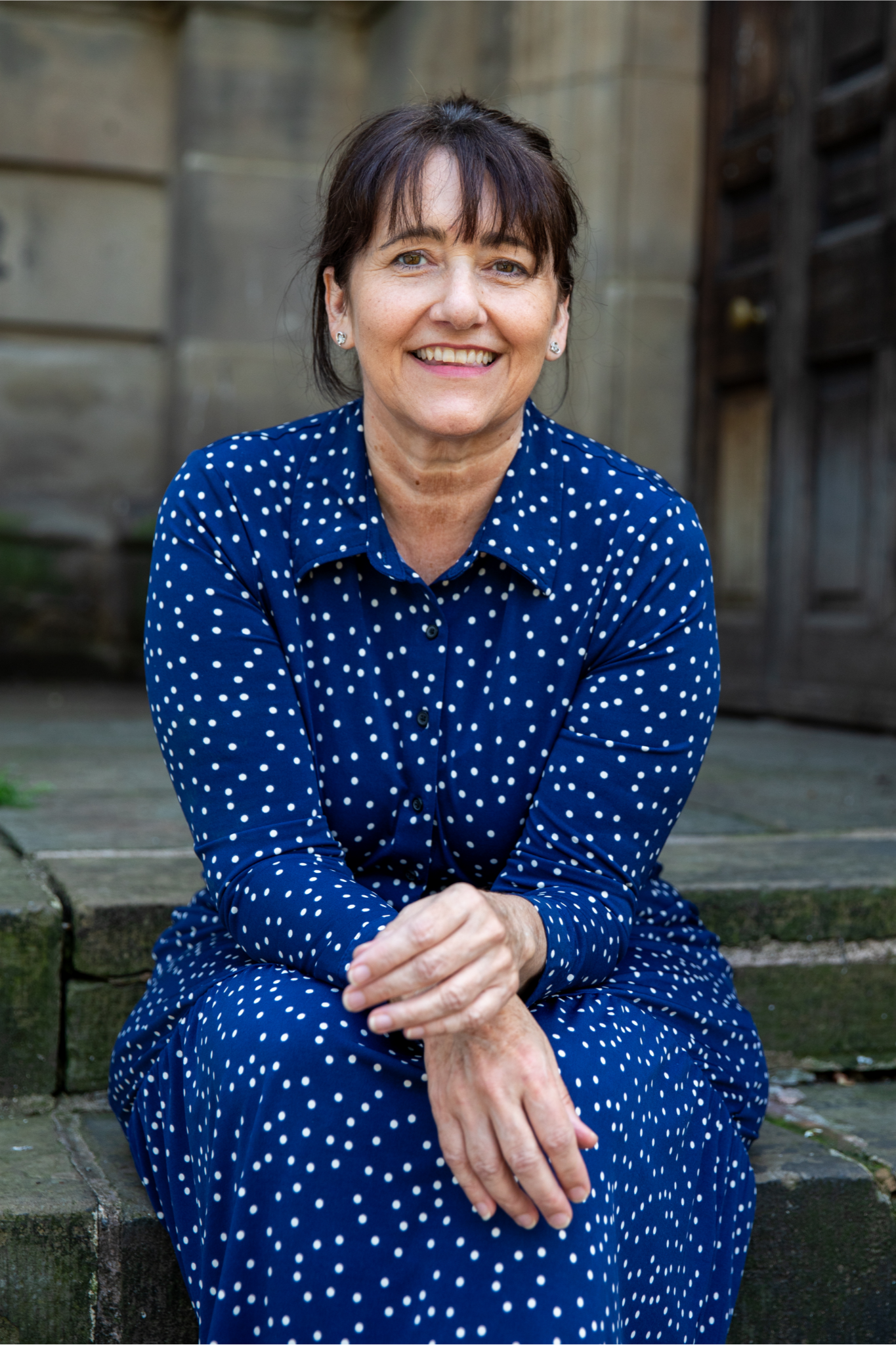Supporting clients in the New Year will often be about removing alcohol from their beverage choices. There are multiple benefits to doing so, and I’m sure within your own modality you are well-versed as to why.
But, if you need a touch of science to add to the story, let me help you:
I’ve just been having a mooch around the internet and came across an 11-page cheat sheet on Menopause and Alcohol, linked to a 5-day course for well-being practitioners. At no point did it mention the role of oestrogen.
My cheat sheet would therefore be very short:
![]() The primary role of the liver is to keep you alive by metabolising all the unhelpful molecules in the body and removing them effectively. Alcohol is one of those unhelpful molecules.
The primary role of the liver is to keep you alive by metabolising all the unhelpful molecules in the body and removing them effectively. Alcohol is one of those unhelpful molecules.
![]() Oestrogen supports liver function. When levels are optimal the liver can do a really good job. When levels drop over time, or suddenly, the liver finds it harder to do the job it’s designed to do.
Oestrogen supports liver function. When levels are optimal the liver can do a really good job. When levels drop over time, or suddenly, the liver finds it harder to do the job it’s designed to do.
[the other cheat sheet goes on about the amount of water in a female body, but that’s not relevant to menopausing specifically)
![]() If during the times oestrogen levels are lower (e.g. during the 1st and 4th week of the menstrual cycle or perimenopause fluctuations) when the liver function is less than optimal, the liver will struggle to remove all the other unhelpful molecules and this can make minds and bodies feel and act differently.
If during the times oestrogen levels are lower (e.g. during the 1st and 4th week of the menstrual cycle or perimenopause fluctuations) when the liver function is less than optimal, the liver will struggle to remove all the other unhelpful molecules and this can make minds and bodies feel and act differently.
![]() If on top of low oestrogen, such as consumption of alcohol, the liver has to prioritise which molecules to remove first, and the others get dealt with later (if it gets a chance). This liver overwhelm can then create a hormone cascade that makes minds and bodies feel super crap.
If on top of low oestrogen, such as consumption of alcohol, the liver has to prioritise which molecules to remove first, and the others get dealt with later (if it gets a chance). This liver overwhelm can then create a hormone cascade that makes minds and bodies feel super crap.
![]() The choice is then quite simple, regardless of where you are on your menstrual health timeline –
The choice is then quite simple, regardless of where you are on your menstrual health timeline –
- If you never want to have the alcohol after-effects on the mind and body (which can take days to reset) avoid alcohol altogether.
- Consume it only when you know you can support liver function with great nutrition and plenty of water.
From this point, I believe your modality comes into play. You can take that science and apply it in a way that works best for you and your clients.




